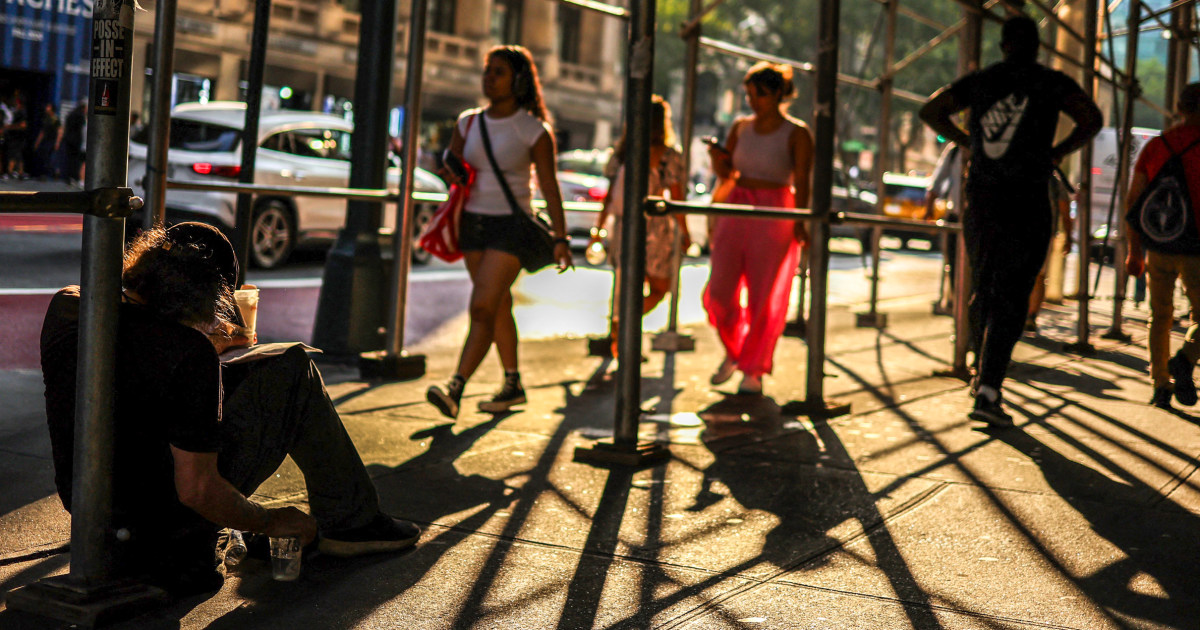Though public efforts to combat homelessness receive some federal support, they tend to be coordinated at the local or regional level — if they are coordinated at all. Not so with efforts to house the homeless veteran population, which are overseen by the U.S. Department of Veterans Affairs. The VA follows an approach known as “Housing First,” which is exactly what it sounds like: program beneficiaries receive unconditional offers of permanent housing, along with access to voluntary “wraparound” services such as mental health care and addiction counseling.
Housing First is best understood in contrast with older “treatment first” models that treat permanent housing as a reward for submitting to treatment and exhibiting good behavior. A treatment first program may first transition an unsheltered person who struggles with addiction from the street into a shelter or sobering center, then require that person to demonstrate sobriety and “readiness” to receive permanent housing. A Housing First program will simply move that individual directly into permanent housing, on the assumption that someone who is stably housed has a better shot at defeating — or at least managing — their other personal demons.
This was reported as not politics, but opinion. See Rule 3.
Weird how housing first keeps working. Oh well the US will just keep torturing the homeless until they commit big boy crimes so they can be sentenced to slavery.
Turns out the solution to homeless people is to give people homes.
Next thing you’ll say is that the solution to poverty is giving people money.
My city says the solution is to force them into busses and give them away to another city.
I wish you didn’t have to doxx yourself to say what city. I’m curious now.
It is pretty common, you can probably pick any city and find it happening at least occasionally
So I had to sate my curiosity.
Several U.S. cities operate programs to relocate homeless individuals to other cities:
- San Francisco, CA: Through the “Homeward Bound” and “Journey Home” programs, the city provides bus tickets, airfare, and stipends to connect homeless individuals with family or prior locations. Destinations include other California counties and states like Florida, Texas, and Oregon.
- New York City, NY: The Special One-Time Assistance (SOTA) program funds relocation for homeless families, including airfare to destinations like Puerto Rico and even international locations.
- Key West, FL: Previously operated a relocation program but suspended it in 2016 due to funding issues.
- and many more…
Sauce: https://www.the-independent.com/news/world/americas/us-politics/san-francisco-busing-homeless-florida-b2593640.html https://sfstandard.com/2024/08/06/journey-home-data/ https://sfstandard.com/2024/09/16/san-franicsco-homeless-people-bused-florida-texas-other-states/





